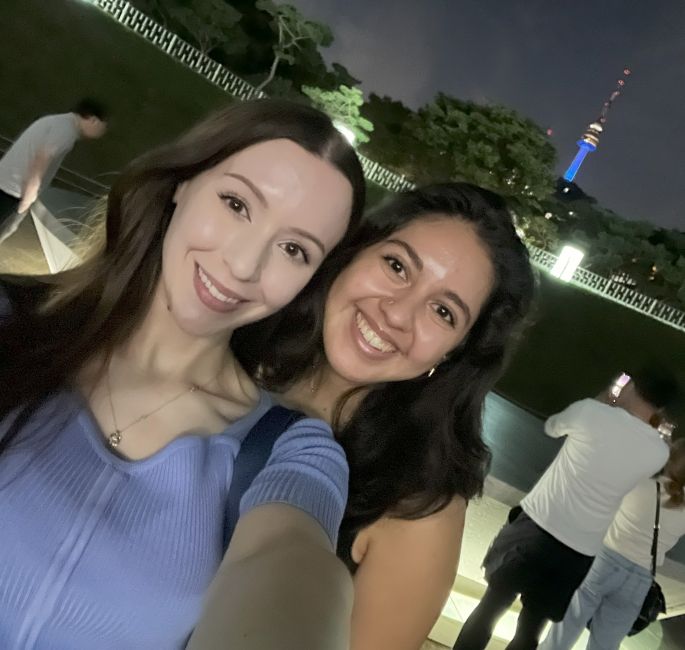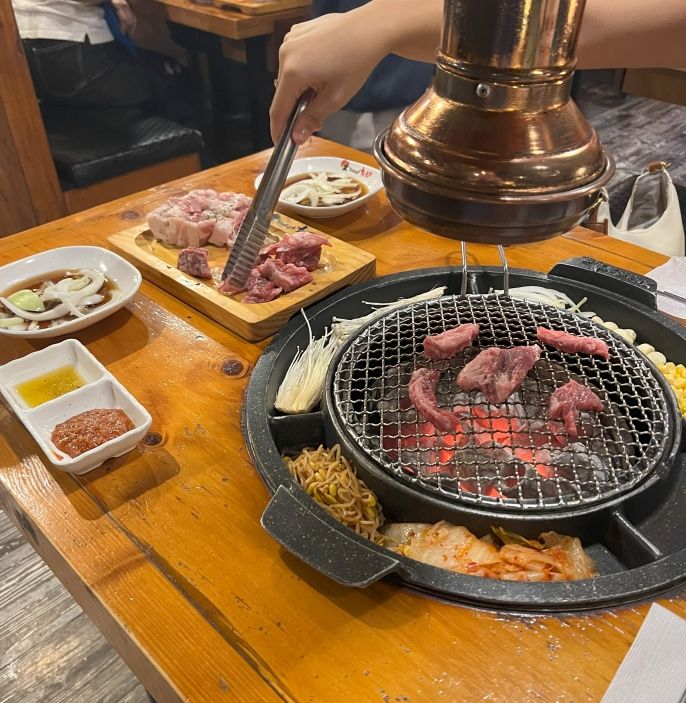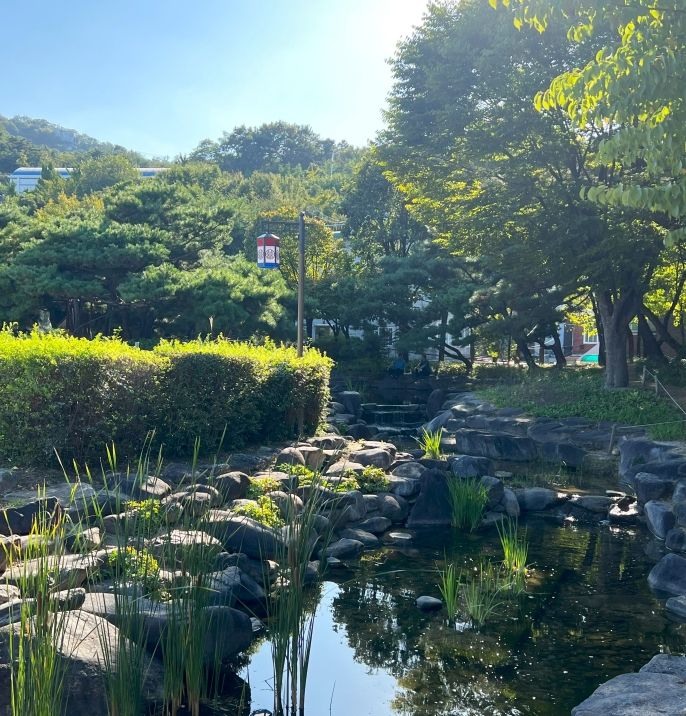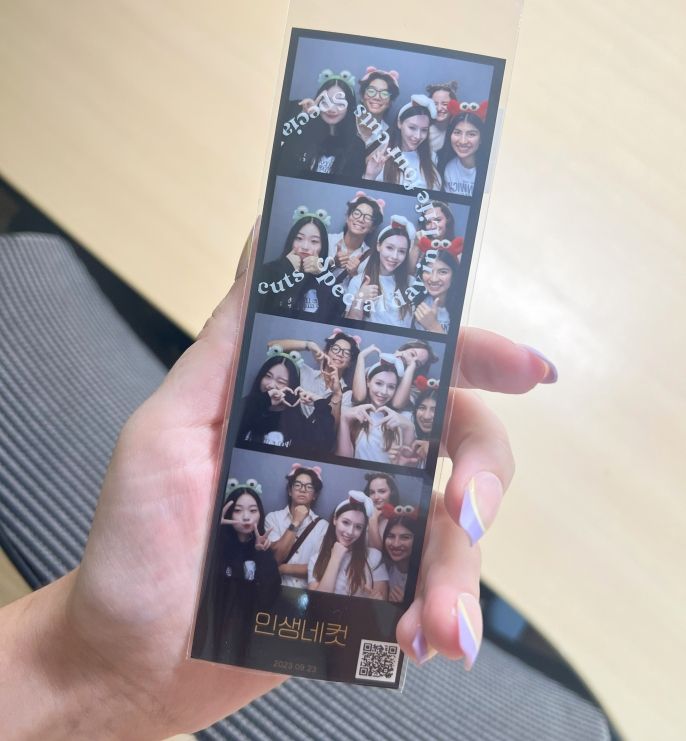Reducing Language Barrier Stress
Culture shock is inevitable and a huge part of why studying abroad is both exhilarating and temporarily stressful. The curiosity and excitement of trying to understand how a culture entirely different from your own operates is fascinating. You never realize how much of your personality is connected to how your culture allows you to develop from cultural values, history, and even microcultures until you study abroad. This goes even further when you add the impact that language has on how people think and communicate, especially with languages like Korean where every sentence ending uses different honorifics based on status. When there is so much change in how you interact with and what you speak to others, it makes even the "strongest soldier" feel overwhelmed.
To deal with the complex feelings that happen as you adapt to a new culture, I highly recommend you add the word “eustress" to your vocabulary. Eustress is when one regards a stressful situation as a positive opportunity that leads to good outcomes and growth. I think this term perfectly encompasses the complex feelings of adapting to a new culture in a way that holds a healthy mental attitude while acknowledging the stress from the cultural and linguistic learning curve.
One area that became particularly stressful to me while adapting to South Korean life is the language barrier. For context, Seoul is a super accommodating city for English speakers. Many signs in the city include English translations and most employees have a background in English from Korean public education so they are able to help. All this alongside using apps like Papago for language and picture translation, it is very easy to navigate Seoul language-wise if you don’t know Korean or intend to learn you will still live a very fun, vibrant, comfortable life while studying in Seoul. Regardless of this comfort, there is a large percent of students who decide to study abroad to enhance and practice their language skills in their country of choice. In my experience, I have noticed a significant amount of people on the study abroad program have studied the language a little and reached a beginner level proficiency before arriving. Since I fall in that category, I wanted to touch on the linguistic struggle of being able to communicate the basics but not being able to fully express yourself and personality in the language and what helped me to turn these struggles into eustress.
It can be very easy to fall into a pattern of shaming yourself for not being able to communicate the ways you intend because at the beginner level you essentially have learned enough to know you have made a mistake but not necessarily how to fix it. For example, you know how to use grammatical patterns and many words but you frequently make conjugation mistakes or may forget particles or even an honorific term (gasp). With small mistakes like these it’s easy to feel like “you should have known better,” but that is not necessarily true. Just because you learned something once doesn’t make you a master simply because you haven’t had enough time to practice it, which is why you came to study abroad in the first place, right? Acknowledging and accepting that you have learned words and grammar patterns is important but context matters even more. You need to focus on how far you have come, not the little slip ups. People who are fluent in a language either grew up speaking it and have used it their whole life or have formally learned for about 5 or more years with constant practice and corrections. In my experience, I got peace accepting that I won’t be close to fluent during my time here but I will undoubtedly be miles farther on my fluency journey by improving my listening, reading, writing, speaking, and contextual usage skills up and in practice-based ways that the classroom simply can’t provide. Just kindly remind yourself that context is key to moving through these little frustrations and giving yourself well-deserved credit on your language journey.
If context is critical to defending against self-criticism then eustress is the necessary offense to prevailing over language barrier strain as a whole. Using eustress to improve your language skills will level you up to surpass the language barrier in due time. Move past dwelling on little slip-ups by reminding yourself how far you have come and convert that frustrated feeling into eustress to fuel your studies to unprecedented heights with language immersion. Alongside this, you need smaller attainable goals to reach fluency as well. Generate positive inertia with these goals and remember that time is a critical variable in the language learning equation, so be patient and unwavering. I personally have added a routine of studying Korean flashcards for 30 minutes in the morning so I can intentionally practice those patterns throughout the day to boost my comprehension and confidence in my language skills (I highly recommend this method). Remember that without studying abroad your language skills won’t be well-rounded so it is necessary to study abroad for this reason and also important to overcome this barrier with a healthy mindset.
My last note on overcoming the language barrier stress is to accept that most people don’t expect you to speak the language at all as a study abroad student. In fact, many Koreans are just happy you’re learning their language, and they understand that the language is difficult so they know that you will make many mistakes. This means they tend to listen to you patiently and speak slow for you which is both kind and important to eventually level up your language skills. Also, accepting that there will “always be bigger fish” than you can bring you peace if you are surrounded by linguistically gifted friends like myself, so don’t be discouraged. They are your biggest resource for learning and practicing the language so be sure to utilize their help because they can explain new concepts to you in familiar classroom terms.
While most conversations won’t be fluid, the fact that you are having a conversation is good enough. This “good enough” mindset will help you to combat language perfectionism and to keep your emotional stamina up to generate eustress into your language studies and skills. Just remember that no one assumes you are fluent, and that your only competition is your language skills of yesterday. Most importantly, remember you are capable of fluency so just be patient, disciplined in your studies, and keep moving! While the initial language barrier struggles can be discouraging, if you use these emotional tools to keep you moving you will be victorious in your language study pursuits. You’ve got this! I've included some of my favorite memories in Seoul to remind you that at the end of the day you will still develop life-long friendships, and experience wonderful and meaningful moments you will never forget.
Related Posts
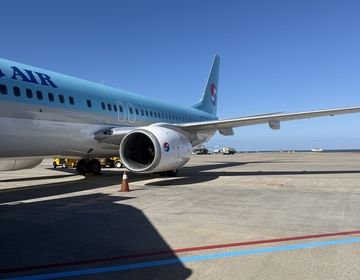
Soul Searching in Seoul: Everything I Learned and What I Wish I Knew
Before I start crafting my “study abroad changed me” answers for friends and family, here are the practical things I wish I’d known. The things that would’ve saved me time... keep reading

A Seoul Escape to Bukhansan
Get out of the hustle and bustle of Seoul and head to the peak of Bukhansan!
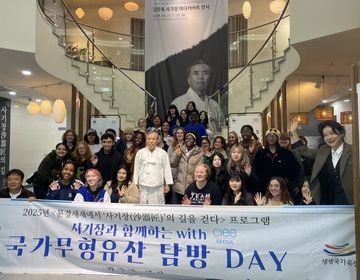
My Time in South Korea Attending Yonsei University: A Life-Changing Chapter
By: Zahrraa Al-Salman Studying abroad had always been a dream of mine—an opportunity to step outside of my comfort zone, immerse myself in a new culture, and deepen my understanding... keep reading
